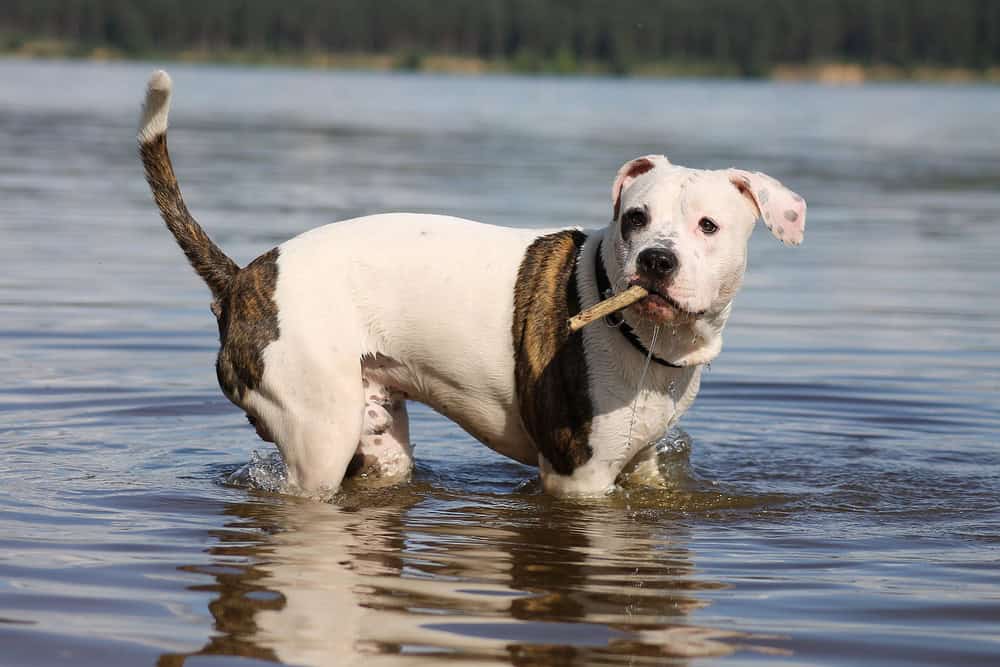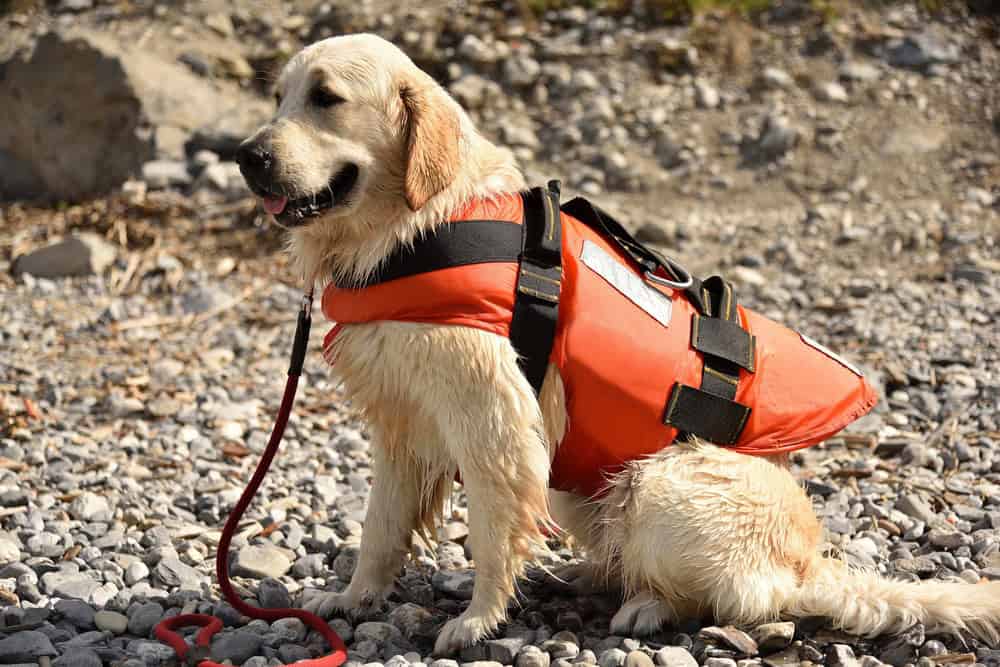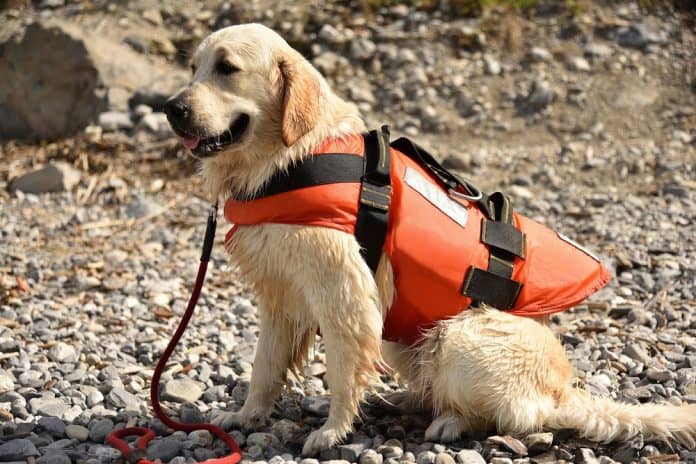Beaches are fun, of course. Everyone loves to visit a beach, even your pet dog. But keep in mind the dangers a beach poses. Many pet owners don’t comprehend the potential dangers at the beach. If you own a pet, your pet’s safety is your responsibility and you can make sure your pet doesn’t approach harm’s way by keeping these safety tips in mind.
Protection from the Sun
Your dog might be covered in fur that protects his/her body from the sun, but they can easily get sunburned on sensitive spots of their bodies like their ear or nose. Apply sunscreen to your dog’s ski—which can be purchased from a variety of stores. The sunscreen will be washed away if your pet loves to swim, so plan on bringing a tent or umbrella to stay in the shade as much as possible.
Food Scraps Are Not to Be Eaten by Dogs
As fun as the beach is, there is a lot of waste lying around which your pet can eat and get sick. Watch out for food scraps, and especially keep your dog away from animal bones. If your dog is wondering around, keep an eye on him/her if they appear to be close to a fishing area. The dumped hooks with the bait attached can also cause unfavorable consequences.
Keep your Dog from Drinking Saline Water
Don’t let your pet drink the ocean water as it is salty. Consuming too much salt can cause health issues. It is safer to bring your own water along, and a bowl too. Keep an eye on your pup while they’re swimming—if your dog has accidentally swallowed ocean water it might upset their stomach.

Keep Monitoring Your Pet
It is common to find sharp rocks, shells, coral or jellyfish on some beaches. Stepping on these sharp objects can wound your pet’s feet. Keep watching your pet’s movements and body language to observe whether they are in pain. The same precaution is valid when swimming. There might be some unseen dangers lurking, so check just below the water to avoid any injury.
Supervise Your Dog’s Swimming Activity
Dogs might not realize when they are too tired to swim. Even trained dogs can get tired easily while swimming in ocean waves. Dogs are typically not good at swimming long distances which is why you need to be mindful about how long your dog has been swimming. The dog might not understand how tired he/she is until he/she has gone too far. Do not encourage them to dive or swim long distance after a toy.
Watch Your Pet’s Paws
Hot sand doesn’t feel good under feet. Keep some paw balms in your beach bag and apply it as needed. You can also try dog booties for your dog to prevent burning from hot rocks or against cuts from sharp objects. Keep checking the dog’s paws and between the toes for cuts and scrapes.
Don’t Force Them to Swim
Dogs are just like people and they might be afraid of water. Understand your dog’s psyche in every way possible. If your dog doesn’t like to swim, do not push him/her into the water. Some dogs don’t even like to walk in the deep sand. Don’t make them do what they don’t like. It is entirely possible that your dog might just like to sit under the umbrella by you and enjoy the sights and sounds. Choose a way to enjoy yourself that suits your pet best.
Take a Break
The beach can be exciting but beware of the physical limit of your pet. Running and swimming can be tiring for the dog. Even the heat alone can be enough to drain their energy. Take a break from all the fun and sit under an umbrella or tent. If you haven’t brought an umbrella with you, your air conditioned car can be the best place to rest.
Make Your Pet Wear a Life Vest
Life vests are strongly recommended when you swim in an ocean. Much to your surprise, life vests for dogs are available too. It is safe to have your pet wear a life vest—keeping them afloat in what could be a scary situation. You’ll worry less in case your dog fatigues or is swayed further with a wave. Life vests with handles are even more applicable; you can drag your dog out when necessary.

Wash Your Dog after a Day at the Beach
Wash all the sand and salt off your dog. Sand can cause irritation in the eyes, skin, and paws when dried. Ocean water carries countless microorganisms in it, another valid reason to rinse your dog after a day at the beach. Look for any cuts on the body, and if you find any, apply an ointment on it right away.
Beware of the known and hidden dangers and never let your dog wander out of your sight. A moment’s negligence can result in many problems for your pet, so follow these precautions and make your visit to the beach fun and memorable for yourself and your Happy Pooch.
 Jeffery Roberts
Jeffery Roberts
Jeffery is a pet enthusiast and volunteer at his local pet shelter. His passion for animals started at an early age and through his work on becoming a veterinary student he understands and cares for pets of all species. Jeffery currently writes for The Happy Pooch and has 2 cats, a bird and a dog names Lucy.




